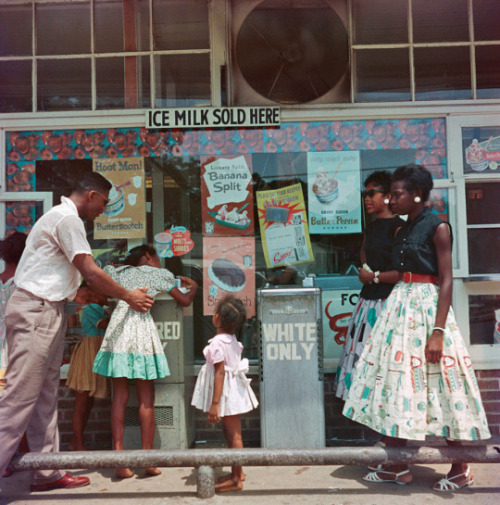
December 6, 1865, possibly one of the most important dates in United States history, when slavery was abolished in all of the United States. But how happy were the slaves? Taken off plantations without a penny to their name. People talk about abolishing slavery as if it was the greatest thing that ever happened in America, and there are definitely positives, but what many people do not know is the abolishment of slavery meant death for many blacks. Thousands of freed slaves died from diseases such as smallpox, and majority of them simply died from starvation and not being able to get food or afford it.
Fast forward to May 20, 1862 when President Abraham Lincoln signed the Homestead Act of 1862 into law. Hundreds of millions of land were given to white families to encourage western migration, while people of color were completely prohibited from having access to this opportunity. 1.6 million people were given land and today, an estimated twenty million or more white people who own farms and ranches all over the United States received their land from the Homestead Act.
In the mid twentieth century, FHA loans were exclusively for white people. Although some of the taxpayers money that went into the FHA were from black and brown people, 98% of the people that received FHA loans, were white. The Fair Housing Act was passed in 1968, however, blacks still faced a rejection rate 1.6 times more than whites in 1995.
When the New Deal programs were enacted in the early to mid thirties, blacks were virtually excluded from taking advantage of any of these programs. Social security, a program guaranteeing income after retirement, excluded domestic and agricultural workers, which was made up by 80% of the blacks, only two out of ten blacks received social security. In 1933 and 1934, 40% of blacks made their living as being sharecroppers on farms. The Agricultural Adjustment Administration (AAA), paid farmers not to plant on their land, which reduced the amount of crops, which in turn raised prices. The AAA acreage reduction kicked over 100,000 blacks off their land, not requiring landowners to give sharecroppers part of their money. In 1938, liberal congressmen attempted to pass an anti-lynching bill, however, Southern Democrats fought it, and Roosevelt defied the liberal congressmen and did not stand behind the anti-lynching bill. Not only that, but Roosevelt’s programs widened the achievement gap between blacks and whites significantly; educationally, housing and jobs, as well as income. The Southern Democrats, who ruled Congress in Roosevelt’s presidency, pushed him around a great deal. This is why so many blacks were affected by the New Deal programs: the only way congress would sign it into law, was if blacks were excluded from receiving benefits.
The welfare programs we have today, do not even compare to the benefits that were given to white people ever since the beginning of the United States. Yet, as soon as black people get an opportunity to receive financial help, white people are the first to try and shut it down when they have been receiving aid for generations. If white people do not want people of color to receive aid, maybe the millions of white families that are still on farms that were virtually given to them, should give the land back, because it does sound a bit like… socialism.
History affected opportunities for blacks forever and we continue to fight for the same opportunities, and we most likely never will. The system is set up so white people will always have an advantage, since the United States was first colonized. And unfortunately, we simply cannot reverse history.

